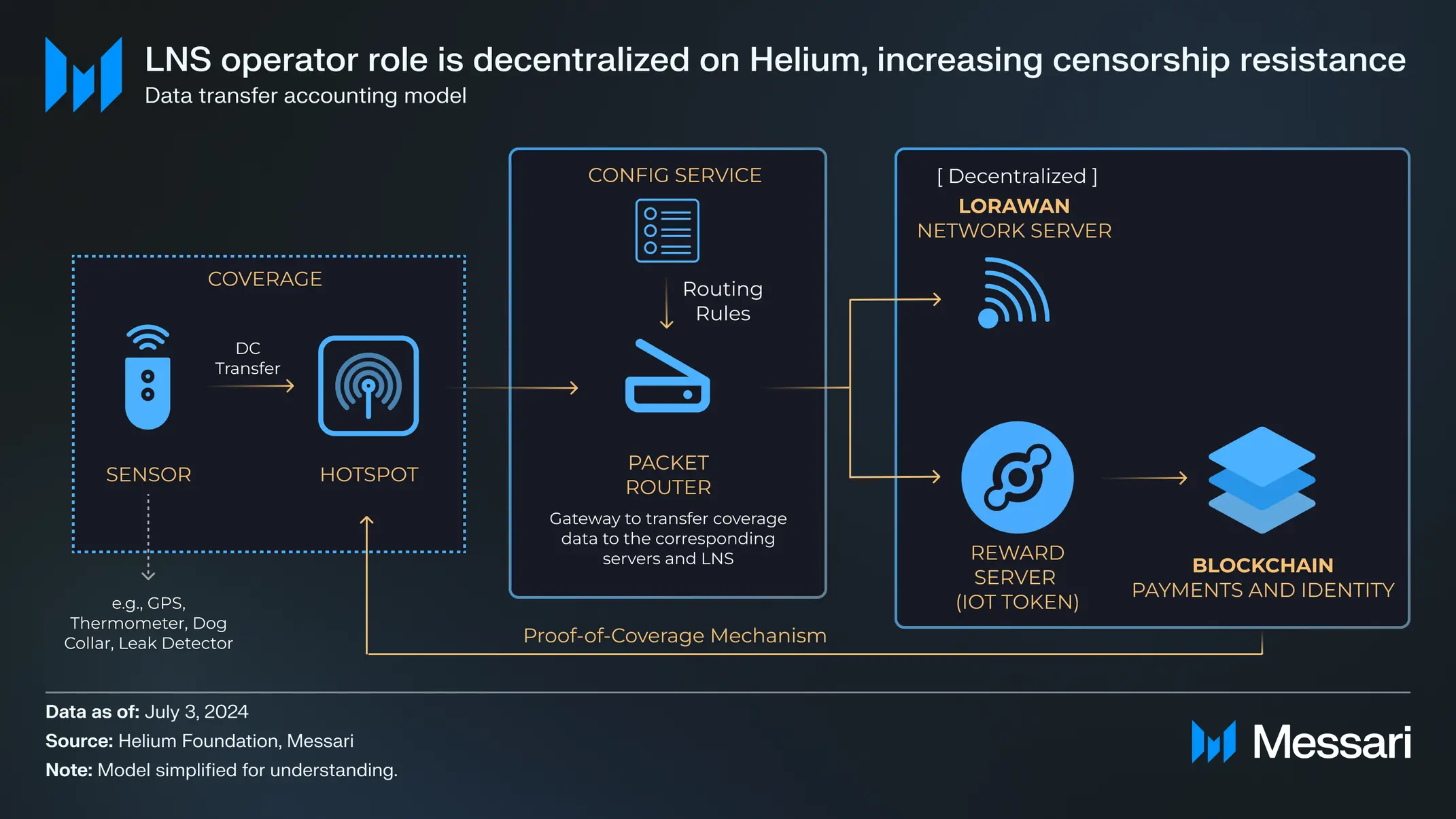Cryptocurrency mining is the process of verifying transactions and securing the blockchain network of a cryptocurrency. In return for this computational work, miners are rewarded with newly minted coins. It’s a fundamental activity that underpins the decentralized nature of cryptocurrencies.
How Does Cryptocurrency Mining Work?
Cryptocurrency mining involves solving complex mathematical puzzles. When a miner successfully solves a puzzle, they verify a block of transactions and add it to the blockchain. This process is known as proof of work. As a reward for their efforts, the miner receives a certain amount of the cryptocurrency.
Types of Mining
- CPU Mining: This was the initial method of mining, using the central processing unit (CPU) of a computer. However, it’s now less efficient due to the increasing complexity of mining algorithms.
- GPU Mining: Graphics processing units (GPUs), originally designed for rendering graphics, are more powerful than CPUs and are commonly used for mining cryptocurrencies like Ethereum.
- ASIC Mining: Application-specific integrated circuits (ASICs) are hardware devices designed exclusively for cryptocurrency mining. They offer the highest efficiency and hash rates, making them the preferred choice for mining popular cryptocurrencies like Bitcoin.
Factors Affecting Mining Profitability
- Difficulty: As more miners join a network, the difficulty of mining increases, making it harder to earn rewards.
- Hardware: The type and power of your mining hardware (e.g., ASICs, GPUs) directly impact your mining speed and, consequently, your earnings.
- Electricity Costs: The cost of electricity in your region significantly affects your profitability.
- Cryptocurrency Price: The price of the cryptocurrency you’re mining directly influences your earnings.
Environmental Concerns
Cryptocurrency mining, particularly when using energy-intensive hardware like ASICs, can have a significant environmental impact due to its high energy consumption. This has led to concerns about the sustainability of mining operations.
The Future of Cryptocurrency Mining
As the cryptocurrency landscape evolves, new mining algorithms and hardware technologies may emerge. Additionally, the increasing popularity of proof-of-stake consensus mechanisms, which do not require energy-intensive mining, could potentially change the dynamics of the industry.
Would you like to know more about a specific type of mining or the environmental impact of cryptocurrency mining?

